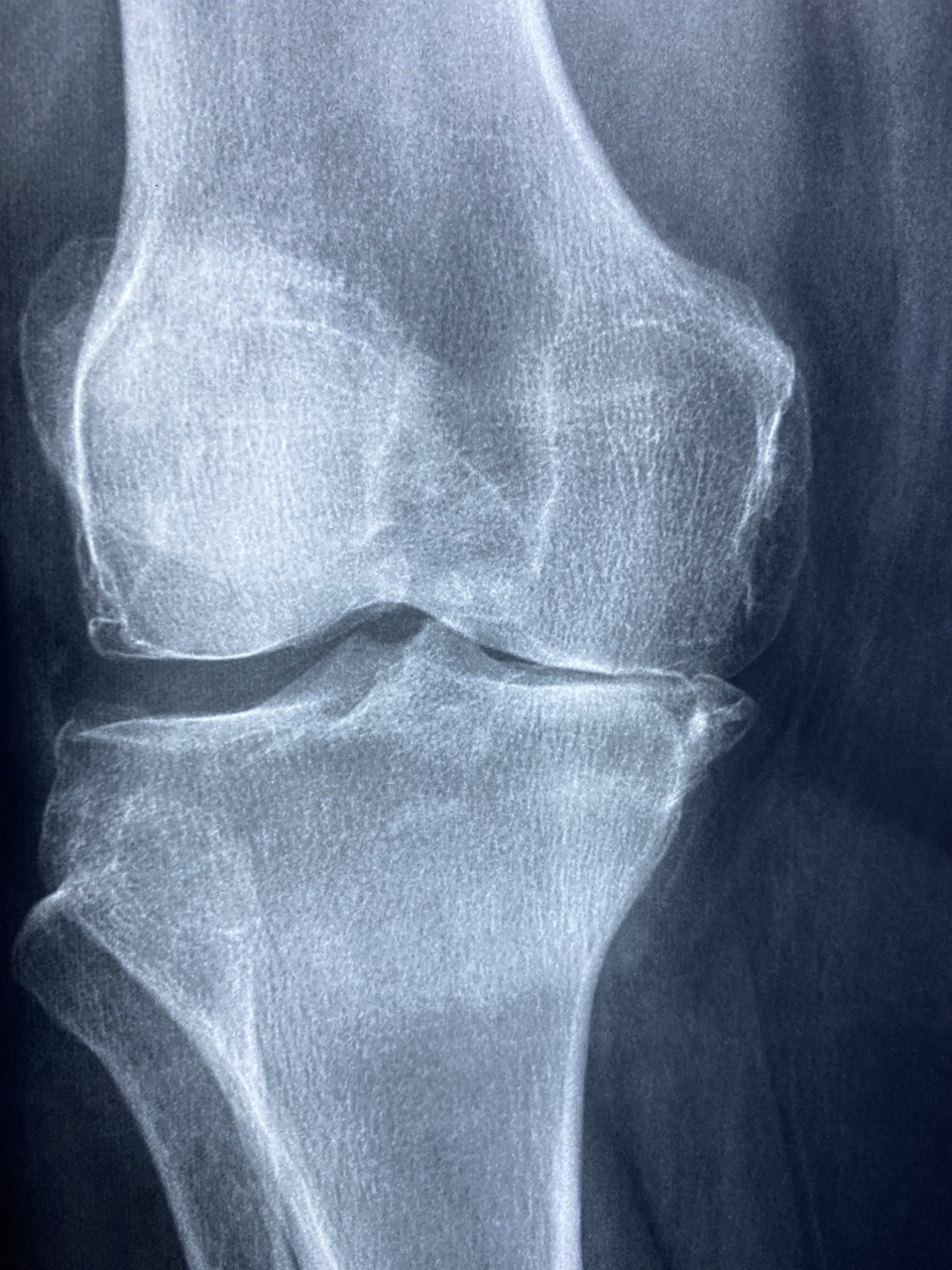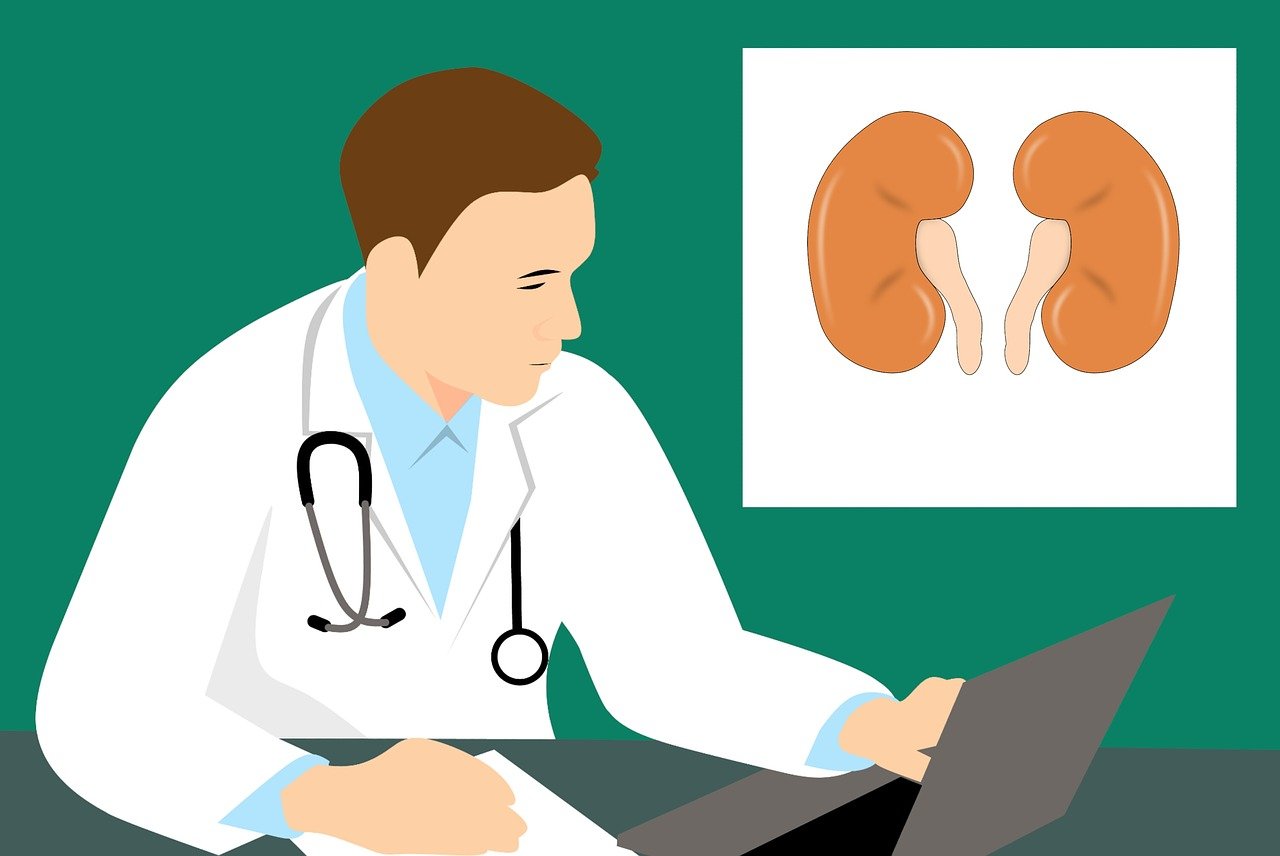Chronic low-level inflammation can leave you feeling run down, tired, and bloated, which is often referred to as “Feel Like Crap Syndrome.” Dr. Mark Hyman sheds light on this condition and its deep connection to dietary choices, particularly the impact of ultra-processed foods. He discusses how these food choices can trigger feelings of fatigue, joint pain, and digestive discomfort, leading you to feel less than your best.
In the conversation, Dr. Hyman introduces a 10-day anti-inflammatory elimination diet designed to help reset your health and improve your overall well-being. By focusing on nutrient-dense foods and eliminating inflammatory options, you can empower yourself to feel better in just a few days. The insights provided can help guide you toward healthier choices that not only enhance your mood and energy but also contribute to long-term health.
Understanding Feel Like Crap Syndrome
Definition of Feel Like Crap Syndrome
Feel Like Crap Syndrome (FLC Syndrome) is a term coined by Dr. Mark Hyman to encapsulate the broad spectrum of low-level, chronic symptoms that many individuals experience, often without realizing the underlying cause. If you’ve ever felt fatigued, achy, bloated, or simply “off” without any specific diagnosis, you might be experiencing FLC Syndrome. It can manifest in various ways, from gastrointestinal problems to mood swings, generally indicating that something is amiss in your body, often pointing toward systemic inflammation.
Common Symptoms and Indicators
The symptoms associated with FLC Syndrome are varied and can affect multiple systems in your body. Common indicators include chronic fatigue, joint pain, muscle aches, digestive issues such as bloating or constipation, skin problems like acne or eczema, and mood disturbances, including anxiety and depression. You may also experience frequent headaches and difficulty sleeping. While these symptoms can feel overwhelming, it’s essential to recognize them as signals from your body that demand attention and care.
History and Background of the Term
The term “Feel Like Crap Syndrome” emerged from Dr. Hyman’s clinical practice, where he observed patterns among patients who reported feeling consistently unwell. Chronic low-level inflammation was identified as a common root cause of these symptoms, which had often been overlooked or misdiagnosed in traditional medical settings. Through his research and patient interactions, Dr. Hyman aimed to raise awareness about this condition, emphasizing the connection between diet, lifestyle, and overall well-being.
Chronic Inflammation Explained
What is Chronic Inflammation?
Chronic inflammation is a sustained, low-level immune response that occurs when the body perceives a threat but fails to eliminate it effectively. Unlike acute inflammation, which is a natural and necessary response to injury or infection, chronic inflammation persists over time and can lead to serious health issues. Factors such as poor diet, pollution, stress, and sedentary lifestyles can contribute to this state, with food often being a significant trigger.
How Chronic Inflammation Affects the Body
When you have chronic inflammation, your body is in a constant state of alert. This ongoing reaction can adversely affect different systems, leading to symptoms such as fatigue, pain, and digestive distress. Over time, chronic inflammation can contribute to various serious health conditions, including heart disease, diabetes, autoimmune disorders, and even neurodegenerative diseases. Understanding this link can empower you to make dietary and lifestyle choices that may reduce inflammation.
Link Between Inflammation and Chronic Diseases
There is a growing body of research connecting chronic inflammation with an increased risk of developing chronic diseases. This inflammatory state means your immune system works overtime, which can damage healthy cells, tissues, and organs. For example, it can increase your risk of heart disease by affecting blood vessel function and promoting plaque buildup.

The Role of Diet in Health
Impact of Food on Gene Expression
The food you consume has a direct effect on your health, including how your genes are expressed. This concept is known as nutrigenomics, which studies the interactive relationships between nutrition and genes. By making informed dietary choices, you can influence which genes are turned on or off, promoting better health outcomes and reducing the risk of chronic diseases.
Dietary Choices and Systemic Inflammation
Your dietary choices can either combat or exacerbate inflammation. Foods that are high in processed sugars and unhealthy fats tend to promote inflammation, while whole foods rich in antioxidants, omega-3 fatty acids, and fiber can help reduce it. By adopting a nutrient-dense diet, you can work to minimize systemic inflammation and improve your overall health.
Neutrigenomics: The Science of Food and Genes
Nutrigenomics is an emerging field of study that focuses on how our dietary intake impacts gene expression and overall health. This science suggests that food acts as a form of information that can dictate how well your body functions. Every time you eat, you are sending chemical signals to your body that can either promote health or contribute to disease, highlighting the importance of making conscious dietary choices.
The Connection Between Ultra-Processed Foods and FLC Syndrome
Characteristics of Ultra-Processed Foods
Ultra-processed foods are typically high in added sugars, unhealthy fats, and artificial additives while being low in essential nutrients. Examples include sugary snacks, sodas, fast food, and pre-packaged meals. These items often contain ingredients you wouldn’t normally find in a home-cooked meal, contributing to excessive calorie intake with little nutritional benefit.
Effects on Energy Levels and Mood
Consuming ultra-processed foods can negatively affect your energy levels and mood. The high sugar content can lead to energy spikes followed by crashes, leaving you feeling lethargic and irritable. Additionally, these foods can contribute to systemic inflammation, exacerbating symptoms of FLC Syndrome like fatigue and discomfort.
Case Studies and Clinical Evidence
Several studies have established a link between ultra-processed food consumption and symptoms associated with FLC Syndrome. In clinical settings, patients who switched to a minimally processed, whole-food diet reported improvements in energy, mood, and overall well-being. These findings support the notion that diet plays a crucial role in managing and alleviating symptoms of chronic conditions.

The 10-Day Anti-Inflammatory Elimination Diet
Overview and Purpose of the Diet
The 10-Day Anti-Inflammatory Elimination Diet is designed to help you identify potential food triggers causing inflammation in your body. Over a span of ten days, you’ll eliminate foods commonly associated with inflammation and then gradually reintroduce them to pinpoint which items may be contributing to your symptoms.
Steps to Implement the Elimination Diet
To begin the elimination diet, start by removing ultra-processed foods, added sugars, gluten, dairy, and unhealthy fats from your meals. Instead, focus on whole, nutrient-dense foods, such as lean proteins, healthy fats, and plenty of non-starchy vegetables. After ten days, you can slowly reintroduce the eliminated foods one at a time, monitoring your body’s response to identify any inflammatory triggers.
Foods to Avoid and Foods to Include
While on the elimination diet, aim to avoid:
- Ultra-processed foods (e.g., chips, sugary drinks)
- Added sugars
- Gluten-containing grains
- Dairy products
- Unhealthy fats (e.g., hydrogenated oils)
Instead, include:
- Quality proteins (grass-fed meats, wild-caught fish)
- Healthy fats (olive oil, nuts, avocados)
- A variety of non-starchy vegetables (leafy greens, broccoli, bell peppers)
- Lower-sugar fruits (berries, citrus fruits)
Foods Contributing to Systemic Inflammation
Identifying Inflammatory Foods
Identifying which foods contribute to systemic inflammation can be vital for your health. Many individuals discover that their diet contains hidden inflammatory triggers that exacerbate their symptoms. Educating yourself about these foods can empower you to make better choices.
Common Triggers: Sugar, Gluten, and Dairy
Some of the most common inflammatory foods include sugar, gluten, and dairy. Sugar can lead to increased fat storage and inflammation. Gluten, particularly for those with sensitivity, can cause gut issues and exacerbate inflammation. Dairy products can cause inflammation in some people, particularly those with lactose intolerance or dairy sensitivities.
The Role of Unhealthy Fats
Unhealthy fats, often found in processed foods and fried items, can contribute to chronic inflammation. Trans fats and refined vegetable oils are especially harmful and should be limited in your diet. Instead, focus on incorporating healthy fats that support your body’s functions, such as those found in fish, nuts, and avocados.

Healing Through Nutritional Choices
The Healing Properties of Whole Foods
Whole foods are packed with nutrients, vitamins, and minerals that support healing and overall health. By prioritizing these foods in your diet, you provide your body with the fuel it needs to combat inflammation and restore balance. Whole foods can also enhance hormone regulation and optimize metabolic functions, promoting well-being.
Importance of Quality Proteins and Healthy Fats
Quality proteins and healthy fats are essential components of a balanced diet. They support tissue repair and provide essential fatty acids that can help reduce inflammation. Aim to include sources like grass-fed meats, wild-caught fish, eggs, olive oil, and nuts for optimal health benefits.
Benefits of Non-Starchy Vegetables and Lower-Sugar Fruits
Non-starchy vegetables are high in fiber, vitamins, and minerals, making them excellent choices for reducing inflammation. Lower-sugar fruits, such as berries and citrus, offer antioxidants that combat oxidative stress. Integrating these foods into your diet can boost your nutrient intake while minimizing inflammation.
Timeline of Dietary Results
Short-term Benefits of Dietary Changes
Making changes to your diet can yield short-term benefits that may surprise you. Many individuals report noticeable improvements in their symptoms, such as increased energy, better digestion, and improved mood, within just a few days of adopting a cleaner diet.
Long-term Health Improvements
Over the long term, dietary changes can lead to significant health improvements. A diet rich in anti-inflammatory foods can help reduce the risks of chronic diseases, support weight management, and enhance overall vitality. Staying committed to a nutrient-dense diet can contribute to a longer, healthier life.
Monitoring Health Markers Over Time
It’s important to monitor your health markers as you change your diet. Regular check-ups with a healthcare professional can help you track changes in blood sugar levels, cholesterol, and inflammation markers. This data can provide insight into how your dietary choices are impacting your overall health.

Empowerment Through Dietary Knowledge
Understanding Food Choices and Health
Knowledge is power, especially when it comes to nutrition. Understanding how your food choices affect your health can empower you to make more informed decisions. Take the time to educate yourself about foods that promote wellness and those that cause inflammation.
Encouraging Mindful Eating Habits
Mindful eating involves being aware of what you consume and how it affects your body. Take time to savor your meals, pay attention to hunger cues, and make conscious choices. This practice can help you develop a deeper connection with your food and improve your overall eating habits.
The Importance of Educating Others
Sharing your knowledge about dietary choices and health can inspire others to make positive changes. Whether it’s friends, family, or colleagues, spreading the word about the benefits of an anti-inflammatory diet can create a ripple effect that promotes better health in your community.
Conclusion
Summarizing the Impact of Diet on Health
Your diet plays a pivotal role in determining your overall health and well-being. By understanding the concept of Feel Like Crap Syndrome and the impact of chronic inflammation, you can take actionable steps toward improving your health through nutritional choices.
Final Thoughts on Healing Through Nutrition
Healing through nutrition is possible, and it begins with awareness of the foods you consume. By embracing whole, nutrient-dense foods and adopting an anti-inflammatory diet, you can empower your body to heal and thrive.
Encouragement for Individuals to Take Action
If you’ve been feeling less than your best, consider taking control of your health through dietary changes. You have the power to influence how you feel, and making informed choices can lead to significant improvements in your well-being. Start small—every change counts—and remember that your journey to better health begins with a single step. Stem cells have the extraordinary ability to repair and regenerate damaged cells, making them a promising solution for many chronic conditions. However, traditional stem cell therapy is often out of reach due to high costs, the need for donors, or the requirement to travel abroad. Fortunately, a groundbreaking stem cell technology is now available, offering a more affordable and accessible way to experience these benefits.
This technology complements healthy lifestyle habits—like eating well, exercising, and reducing toxins—to enhance the body’s natural healing processes. It accelerates recovery, supports immune function, and combats inflammation by strengthening your cells. To learn how this innovative solution can benefit you, your loved ones, or those facing health challenges, contact us at stemboostx @ gmail.com with the subject “AIWNBOX.”


